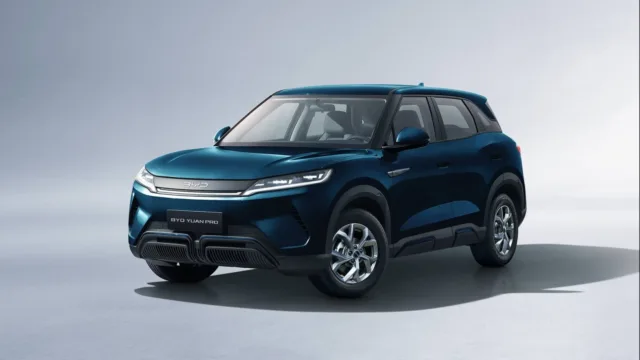
Chinese automaker BYD has announced its largest vehicle recall to date, impacting more than 115,000 cars across two model lines due to component design flaws and battery-related safety risks, according to China’s State Administration for Market Regulation (SAMR).
The recall affects 44,535 Tang-series vehicles produced between March 2015 and July 2017, and 71,248 Yuan Pro electric vehicles built from February 2021 to August 2022. The Tang recall is prompted by defects in certain components that may cause abnormal vehicle operation. For the Yuan Pro, the recall cites manufacturing issues affecting battery installation.
SAMR stated, “Due to component design issues, some vehicles within the recall may experience malfunctions in the active discharge function of the drive motor controller. In extreme cases, this can cause circuit board corrosion and disable the vehicle’s pure electric drive mode, posing a safety hazard.”
Regarding the Yuan Pro, the regulator noted, “Some cars may have improperly installed power battery gaskets, reducing sealing. Prolonged high-speed driving through water may allow water to enter the battery, degrading insulation performance. In extreme cases, output power may be reduced, posing a safety risk.”
This recall follows a series of BYD safety actions. In January, the company recalled 6,843 Fangchengbao Bao 5 plug-in hybrid SUVs due to fire risks. In October 2024, nearly 97,000 Dolphin and Yuan Plus electric vehicles were recalled over a steering control unit manufacturing fault that could cause fires.
BYD has submitted a recall plan to SAMR detailing steps to address the affected vehicles. Bloomberg reports that Chinese authorities have recently increased scrutiny on EV safety, including potential regulations for door handle mechanisms following fatal accidents.
The recalls coincide with broader challenges for BYD as it transitions from a domestic, price-competitive manufacturer to a global brand. In September 2025, the company reported its first monthly sales decline in 18 months and lost its position as China’s top-selling car brand for the month. BYD has also lowered its 2025 sales target from 5.5 million units to 4.6 million, citing difficult market conditions.








